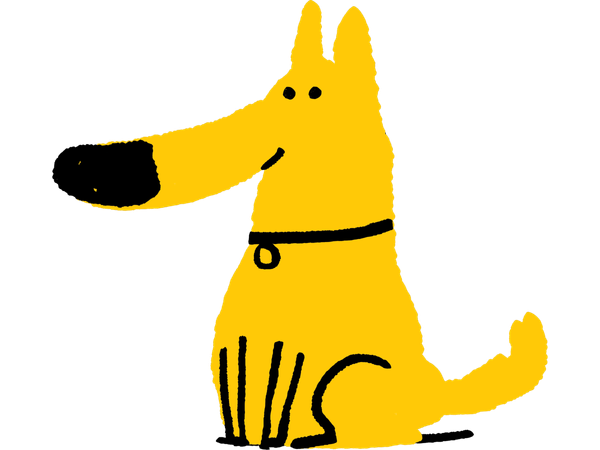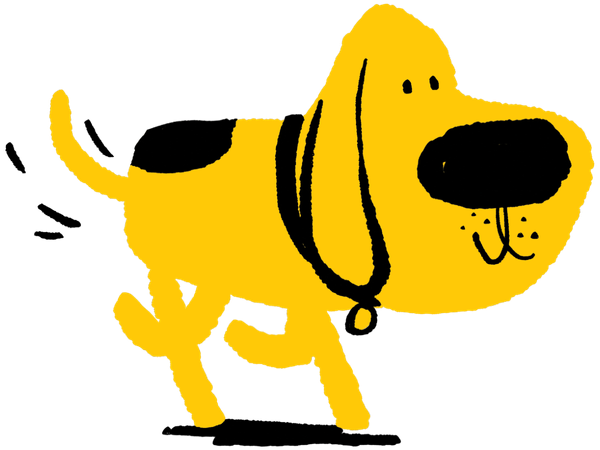St. Bernard
Everything you need to know about St. Bernards
- Life Expectancytypically 8+ years
- SheddingMedium length with heavy shedding
- SizeGiant
Everything you need to know about St. Bernards
St. Bernards are giant, moderately active dogs originating from the mountains of Switzerland and Italy.
First bred as working dogs and to assist rescue missions, St. Bernards have a dense, double coat which allows them to stay warm in cold conditions. Their coats are usually red and white, or brown and white in colour.
When it comes to behaviour, each doggo has their own traits and quirks. And we wouldn’t have it any other way. We’re taking a look at everything St. Bernard, bringing you the important facts and things to consider.
Could you give a St. Bernard a forever home?
Every dog is different with their own personality and needs. Here are some areas to think about when taking care of a St. Bernard.

St. Bernards shed heavily. Introduce handling and grooming slowly and in a positive way.
This helps your pooch feel more comfortable with it. Grooming is more enjoyable for everyone if your dog feels relax...
When inside their crate, your dog should have plenty of space to:
Although you may have ideas about what St. Bernards are like, it’s important to remember that every dog is different.

Like big mutts and you cannot lie? Browse some other large dog breeds here.